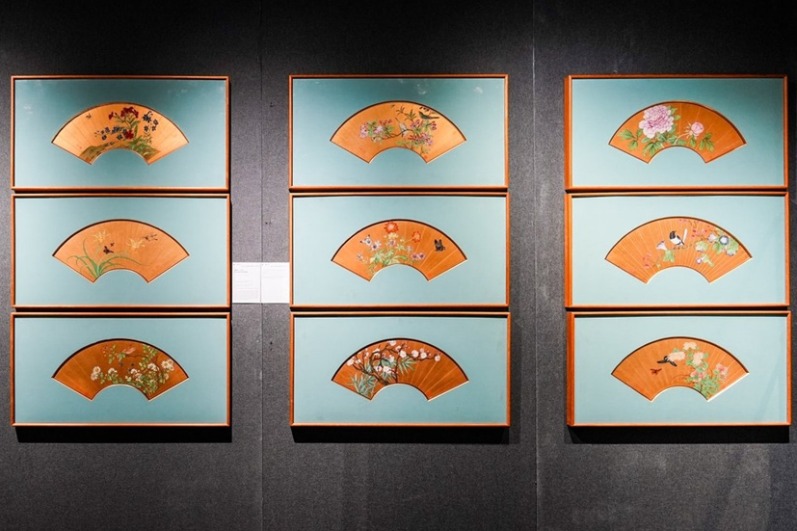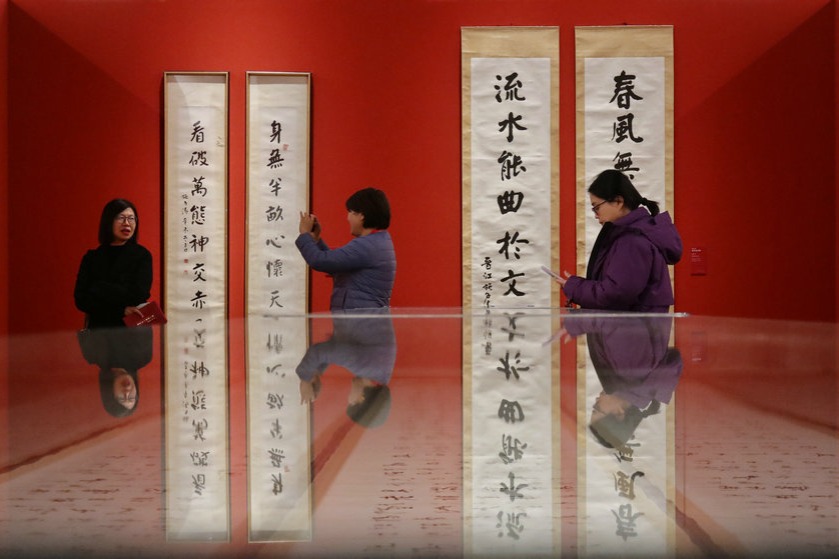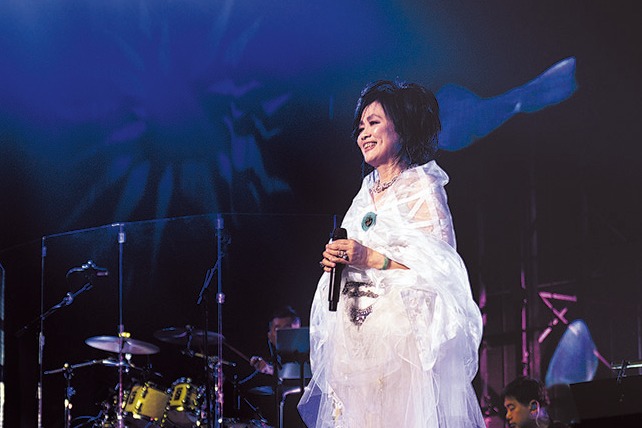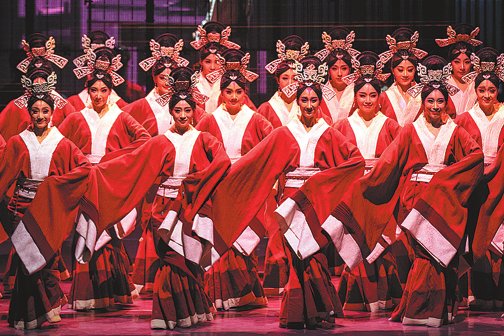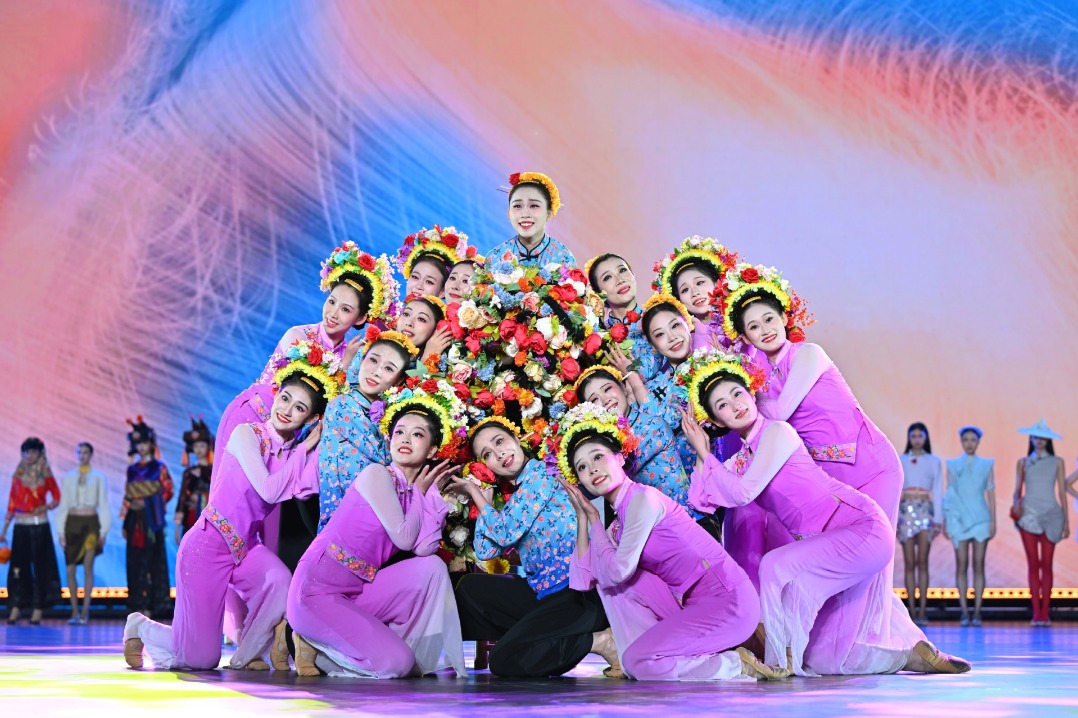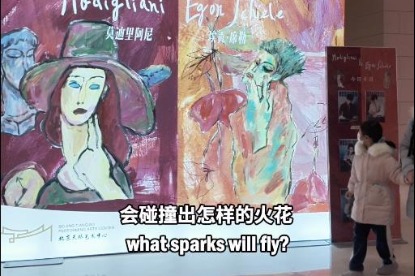Home is where the art is
The inclusiveness of Jiangnan created a uniquely aesthetic spirit that was carried wherever its natives went, Zhao Xu reports.

"When the ancient Chinese philosopher Zhuangzi talked in his writings about 'the uncivilized land in the far south', he was certainly thinking about the region beyond the Yangtze River," says Von Spee. "He saw the land as not being governed by Confucian rules and rituals, which, he believed, was something positive, since it allowed people to follow the rules of nature, the only rules that should be followed according to Taoist teachings."
Zhuangzi (Chuang-tzu) lived between the 4th and 3rd centuries BC. In the ensuing two millennia, Confucianism did become the guiding ideology of Chinese society, and Jiangnan, its stronghold. But the influence of Taoism and Buddhism, having long seeped into the social fabric, never stopped permeating local life and culture.
As a result, Jiangnan was simultaneously at the center and on the margin. It was a cultural and commercial hub that also constituted a getaway in the common imagination.
"Inclusiveness — that's what Jiangnan as a land for immigrants was all about," she says.
Gardens of the soul
In fact, that inclusiveness was written in the genes of Jiangnan. In 515 BC, He Lyu ascended to the throne of the state of Wu and immediately started the construction of a grand city on the land of modern-day Suzhou. It was a project that would announce his ambition and anticipate, in retrospect, all the splendor that would befall the city. And the king entrusted it to a man named Wu Zixu, who had come to his aid from the king's archrival, the state of Chu.
Another "foreigner" whose help He Lyu had enlisted was Sun Wu (Sunzi), originally from the state of Qi, who trained the king's army to be invincible, before summing up his military strategies in the ageless text The Art of War.
He Lyu died in 496 BC due to wounds he had sustained during a military campaign against the state of Yue, another of Wu's long-standing enemies. He was succeeded by his son, who initially triumphed over Yue, but was ultimately defeated in 473 BC. With the state of Wu ceasing to exist, the region's map was redrawn, once again.
The exhibition had a bronze mirror minted more than half a millennium later, during China's Eastern Han Dynasty (25-220), that illustrates the Wu-Yue saga, featuring its major characters.


















